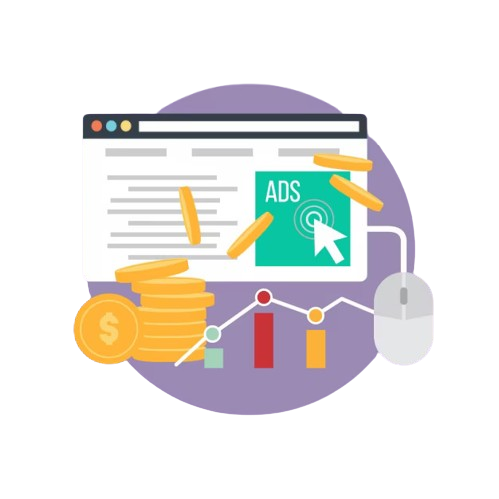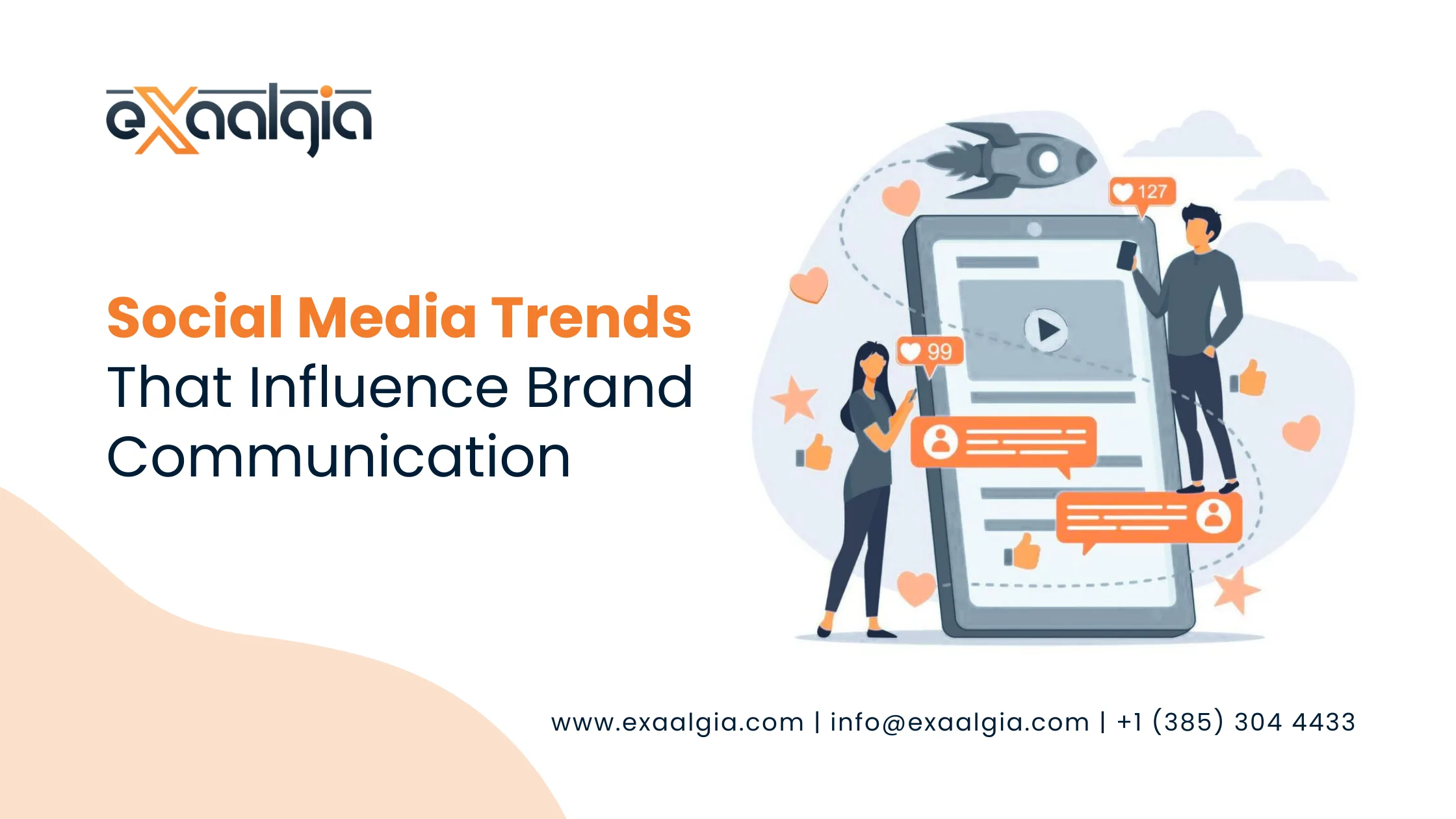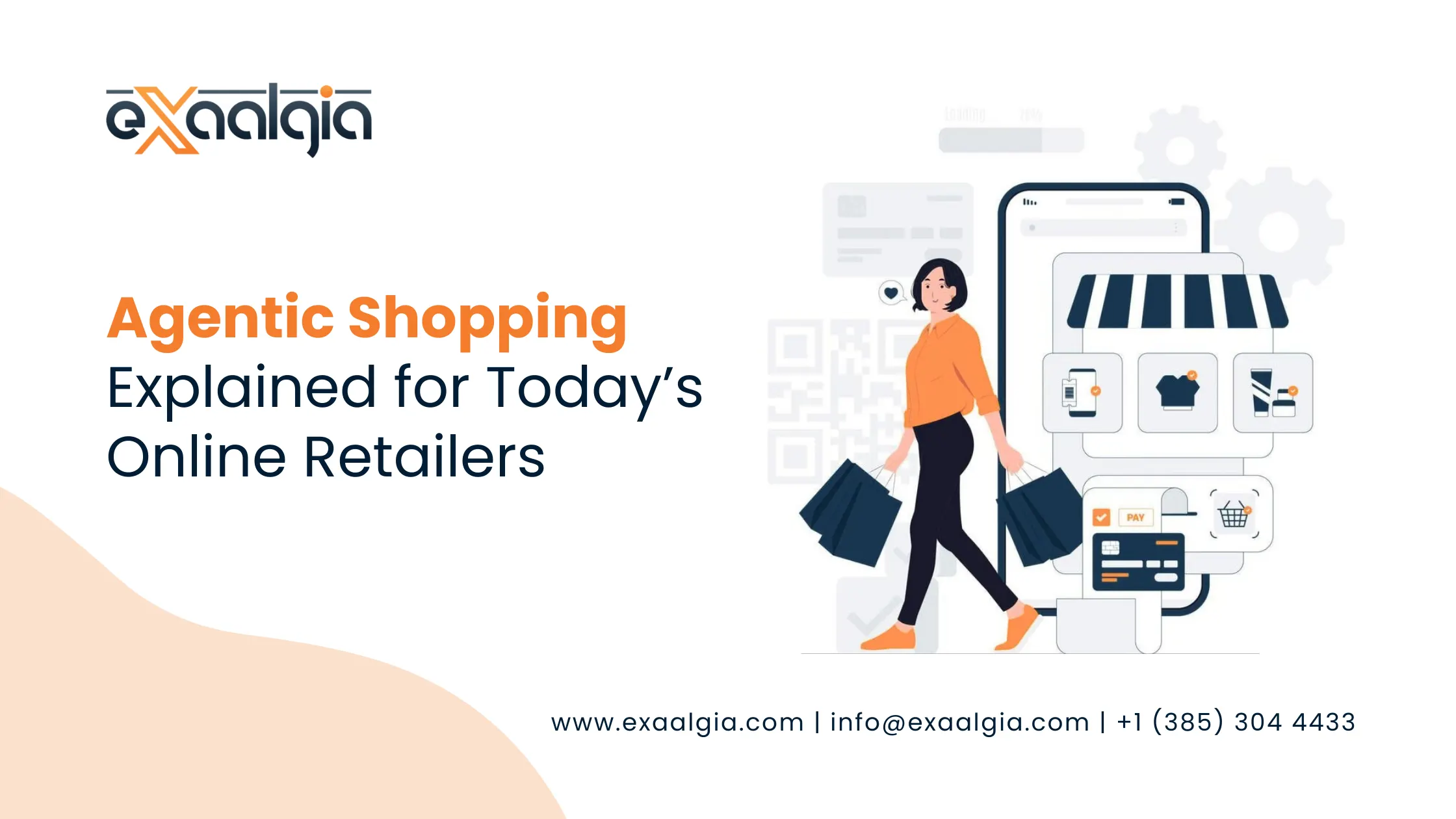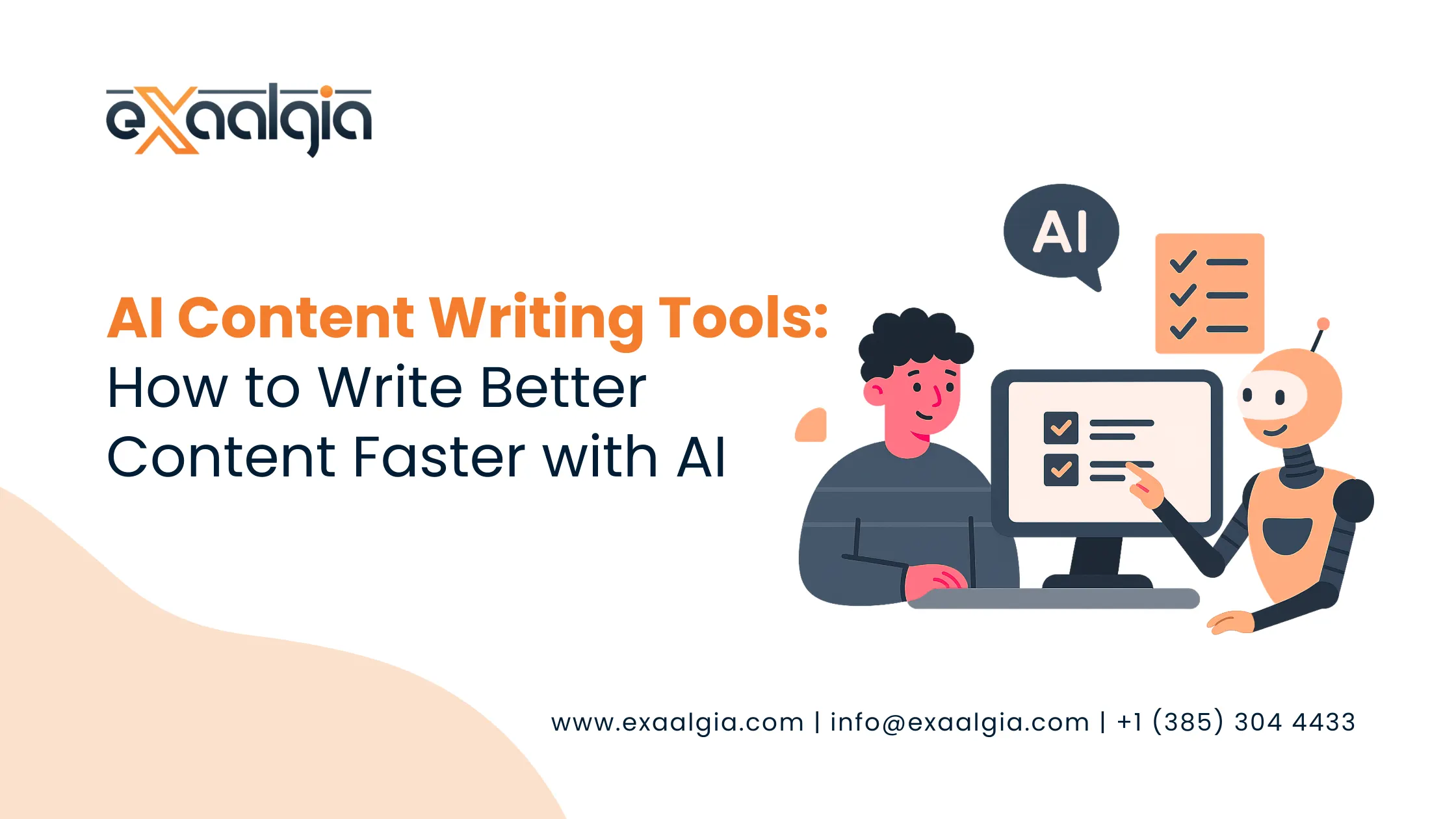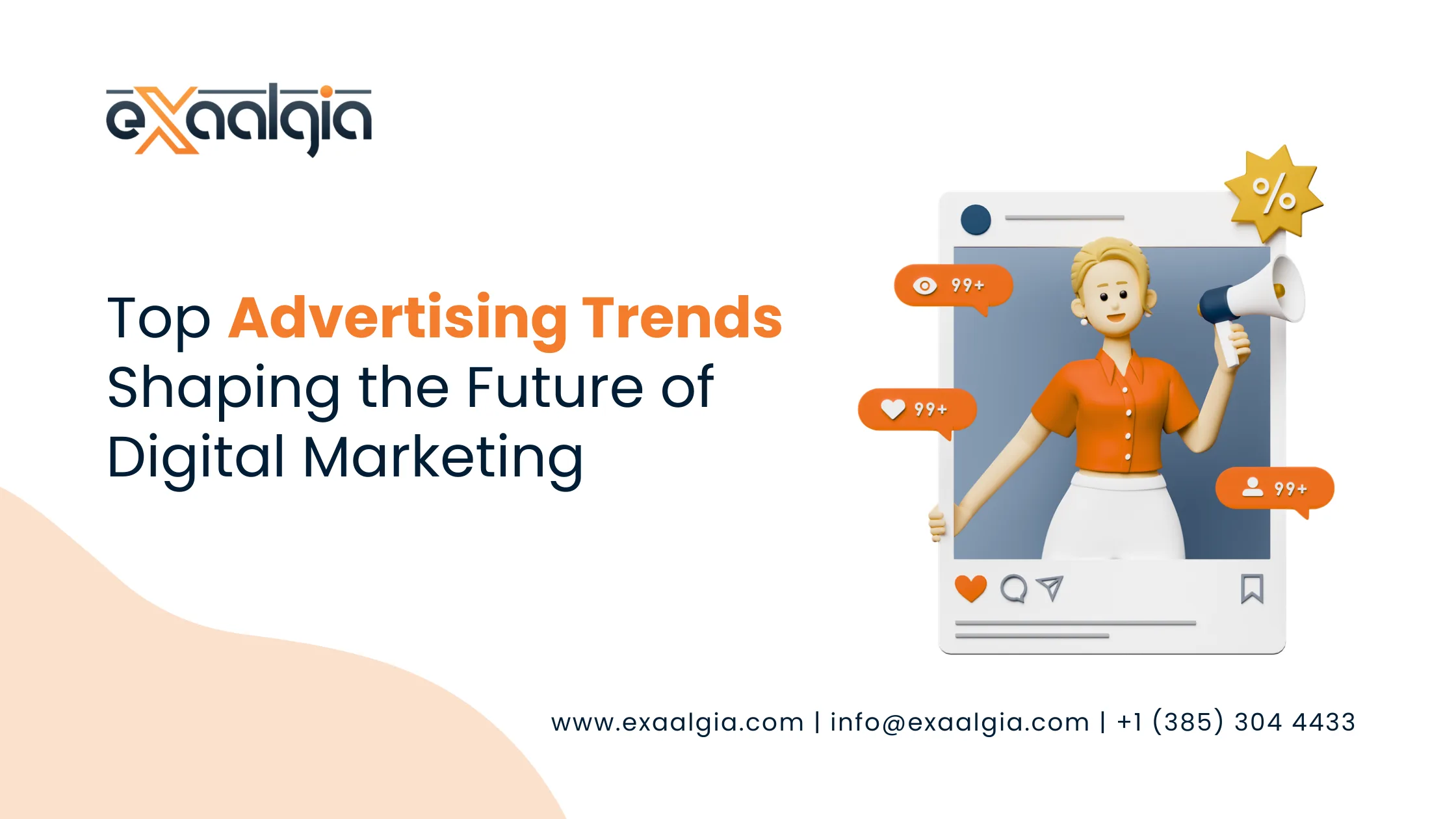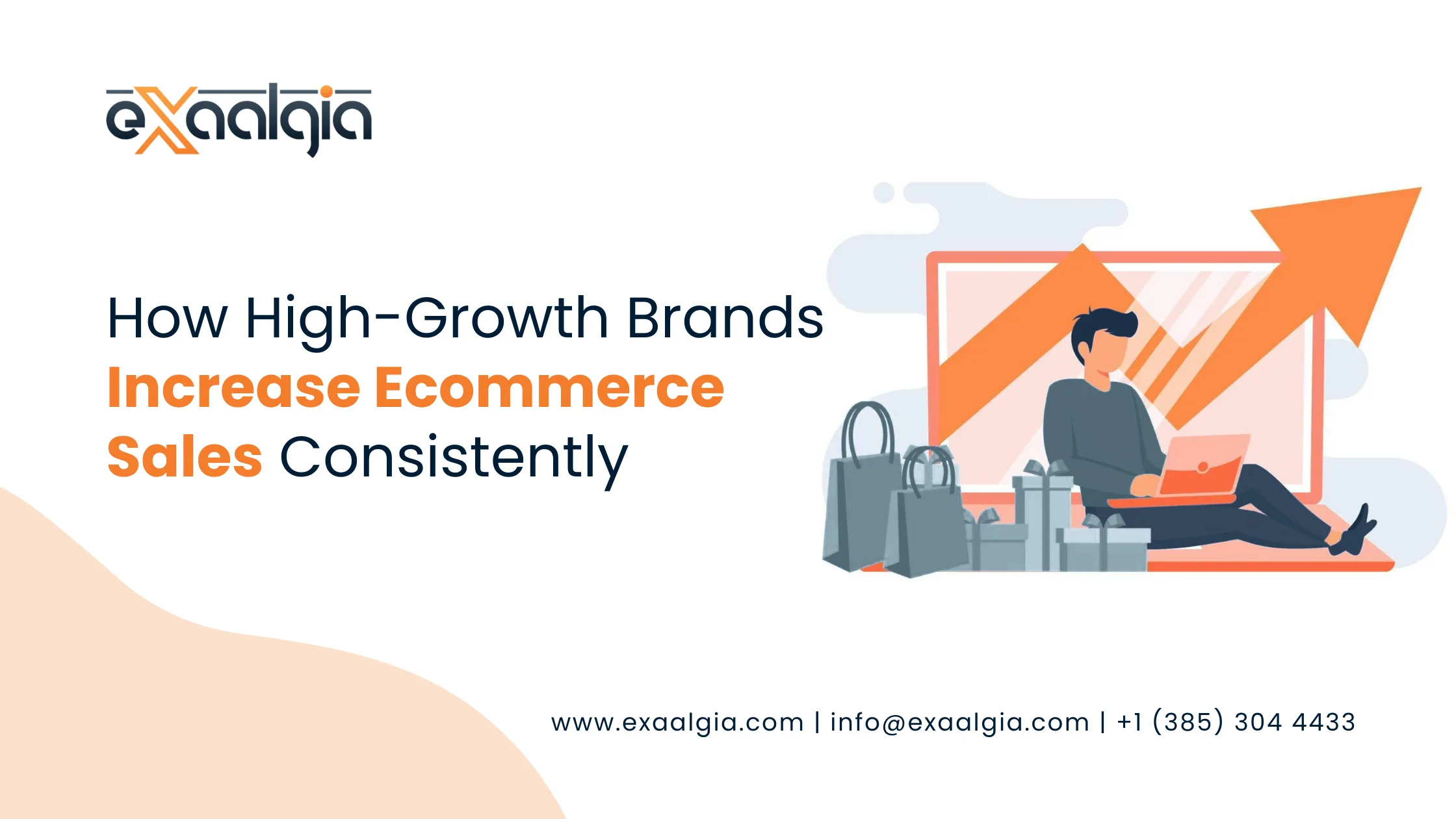This blog delves deep into the nitty-gritty of PPC advertising. From how it works to how to craft an effective campaign, we’ll cover innovative tactics, best practices, and everything in between. If you want to increase visibility, maximize ROI, and connect with your audience in real time, this guide is your ultimate resource.
What Is a PPC Strategy?
A PPC (Pay-Per-Click) strategy is a structured approach to creating, managing, and optimizing paid online advertising campaigns. Unlike organic marketing methods such as SEO, PPC offers instant visibility by allowing advertisers to display their ads on search engines, social media platforms, or other websites. A click to view a product advert is paid for by an advertiser every time, that is why it is also referred to as “pay per click.” The success in any PPC campaign is determined by targeting the right keywords, ensuring that the ad copy will attract the user, and continuously analyzing and optimizing for maximum ROI.
Businesses of all sizes use PPC advertising to reach specific target audiences, promote products or services, and achieve their marketing objectives quickly. Whether you’re a local business focusing on local keyword research or a large enterprise targeting a global audience, a well-defined PPC strategy can significantly enhance your digital marketing efforts.
How Does PPC Strategy Work?
PPC advertising is on a ‘bidding system,’ the advertisers compete for placing your ads in the forefront position of users searching for those related keywords. This is more or less as follows
- Keyword Research: Start with researching proper keywords that your target public is searching for. Most businesses will want to use locality-based keywords to get local results.
- Ad Auction: An auction system determines the advertisement on which a platform will show ads, such as Google Ads. Your amount of bid and your ad’s quality and relevance (Ad Quality Score) will be considered.
- CPC: A cost occurs when every click is generated, as advertisers pay for them. The amount depends upon various factors such as competition with keywords, industry, and ad quality.
- Landing Pages: All clicks going through your ad are lead and sales converters. When designed with an optimized way to work, landing pages may help in winning the whole campaign.
- Monitoring Performance: Through ongoing performance monitoring of metrics including click-through rate, conversion rate, and return on ad spend, refine your campaigns for improvement.
How to Get Your PPC Campaign Right
A high-performing PPC campaign requires following a few critical steps. Below is a step-by-step guide to building an effective campaign:
1. Define Your Goals
Set clear objectives for your PPC campaign. Be it to generate leads, drive website traffic, or boost sales, having defined targets will help shape the strategy for you.
2. Conduct Comprehensive Keyword Research
Identify the relevant keywords that match the search intent of your audience. Leverage tools such as Google Keyword Planner, SEMrush, or Ahrefs to find high-performance keywords. Also, conduct local keyword research to effectively reach users in specific areas.
3. Select Relevant Advertising Platforms
Select the relevant platforms that cater to your audience. Google Ads will be ideal for search visibility, while Facebook, Instagram, or LinkedIn Ads are suitable for social media engagement.
4. Develop Relevant Ad Copy
Your ad copy should attract eyeballs, highlight your value proposition, and compel users to click. Persuasive headlines, clear descriptions, and a strong CTA should drive engagement.
5. Landing Pages Optimization
Ensure landing pages are fast, mobile-friendly, and optimized for conversion. Each page should complement the message of the ad while offering a seamless experience for users.
6. Setting Realistic Budget
Allocate a budget that aligns with your campaign goals. Monitor your spending closely to ensure you’re achieving a positive return on investment.
7. Monitor and Adjust Your Campaign
Regularly analyze your campaign’s performance using tools like Google Analytics. Adjust bids, refine targeting, and test new ad variations to improve results.
Innovative Tactics to Try in Your PPC Strategy
To stay ahead in the very competitive digital marketing landscape, consider adding these innovative tactics to your PPC strategy:
1. Leverage AI and Automation
Apply artificial intelligence for automating bidding, ad placements, and targeting. It is possible to use tools powered by AI that make real-time optimizations on campaigns, saving time and effort.
2. Explore Video Advertising
Video ads are very engaging and could add a lot to your brand visibility. YouTube and Facebook allow video ads, so consider them as part of your strategy.
3. Target Long-Tail Keywords
Long-tail keywords refer to phrases that have relatively lower competition and higher conversion rates. Use them to attract niche audiences.
4. Use Geofencing
Geofencing allows you to reach the users within a certain geolocation. This is best suited for local businesses who look forward to attracting customers based near them.
5. Implement Remarketing
Remarketing targets users who previously have interacted with your website or ads. This is a great way of re-engaging potential customers and boosting conversion rates.
6. Test Responsive Search Ads
Responsive search ads automatically change headlines and descriptions to match the query being searched. This will help your ad appear more relevant to the searcher.
Best Practices for High-Performing PPC Ads
To optimize your PPC campaigns, implement these best practices:
Optimize Ad Quality Score
Focus on creating highly relevant ads, which means using great copy and keywords that will resonate with the user’s intent in a search. This increases your ad placements, thus reduces cost.
Apply Negative Keywords
Negative keywords will remove unwanted traffic and allow the ads to target the audience. This prevents waste spending on irrelevant searches.
Test Variations in A/B Testing
- Find out what headline, description, or image combination will best result in your ad variations.
- With more users browsing on mobile devices, ensure your ads and landing pages are mobile-friendly for a seamless experience.
Track Conversions Accurately
Use conversion tracking tools to measure the performance of your ads. This helps identify which campaigns drive the best results.
Regularly Analyze Competitors
Keep an eye on your competitors’ PPC strategies to identify trends and discover opportunities to improve your campaigns.
FAQs – PPC Strategy
1. What is the distinction between PPC and SEO?
PPC pays for placing ads, whereas SEO is focused on optimizing content for natural rankings.
PPC gives a quick visibility boost, but SEO is a long game.
2. What does a PPC campaign cost?
It depends upon the platform, industry, and competition for your keyword. A good budget always keeps it cost-effective.
3. Does PPC work for small businesses?
Indeed, PPC works wonders for small businesses. The fact is, you target the precise audiences by using local keywords; that can result in highly remarkable outputs for small businesses.
4. How do I measure success for PPC?
PPC performance is judged based on several key metrics: CTR, CPC, conversion rate, and ROAS.
5. Is a local keyword useful for PPC?
Absolutely. Local keywords help businesses target users in particular geographic areas, making the campaigns more relevant and effective.
Conclusion
A well-executed PPC strategy is a powerful way to drive traffic, generate leads, and increase sales. Properly conducting keyword research, from local keyword research, implementing new tactics, and strictly following best practices helps ensure the creation of highly effective PPC campaigns that have results to measure against. Combining this with the best possible digital marketing services available in the USA via an experienced company that specializes in SEO services USA can add to success.
Want to really take your PPC campaigns to the next level? Get in touch with us today and discover how our expert SEO strategies, tools, and best practices can help you to achieve your marketing goals.

